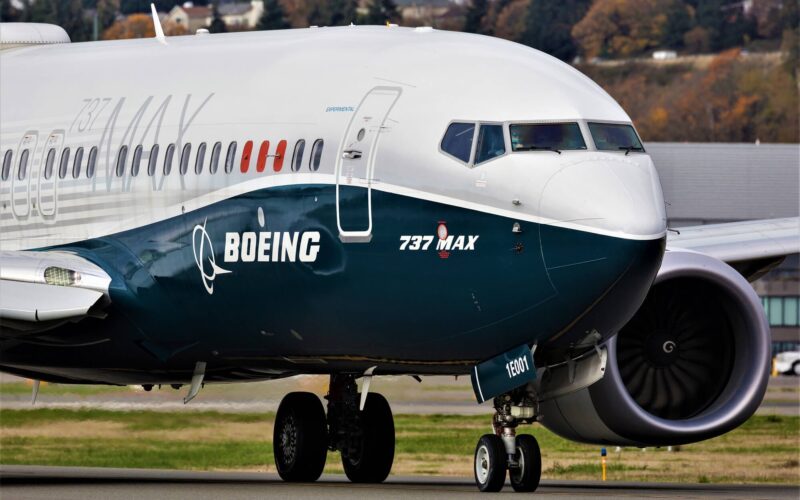The Securities and Exchange Commission (SEC) of the United States has charged aircraft manufacturer Boeing with providing misleading information to investors about the safety issues with the 737 MAX aircraft.
Boeing and its former chief executive, Dennis Muilenburg, have agreed to pay $200 million and $1 million respectively to settle the case, according to an SEC statement on September 22, 2022.
The SEC investigation found that Muilenburg and the manufacturer made misleading public statements about the 737 MAX and its flight stabilizing system, the Maneuvering Characteristics Augmentation System (MCAS), the failure of which led to two deadly MAX crashes in Indonesia and Ethiopia in 2018 and 2019.
According to the SEC, Boeing and Muilenburg were aware of safety issues with the MCAS system but assured the public that the plane was completely safe to operate.
The SEC statement reads: “Boeing and Muilenburg knew that MCAS posed an ongoing airplane safety issue, but nevertheless assured the public that the 737 MAX airplane was as safe as any airplane that has ever flown the skies. Later, following the second crash, Boeing and Muilenburg assured the public that there were no slips or gaps in the certification process with respect to MCAS, despite being aware of contrary information.”
The SEC argued that one month after the Lion Air Flight 610 crash in 2018, the manufacturer issued a press release, edited by the CEO, where it chose to highlight only certain parts from an official Indonesia government report, suggesting that pilot error and poor aircraft maintenance contributed to the accident.
In the release, Boeing also did not disclose that an internal safety review had shown that MCAS posed safety risks to the jet and that the manufacturer had already begun redesigning the system.
“In times of crisis and tragedy, it is especially important that public companies and executives provide full, fair, and truthful disclosures to the markets. The Boeing Company and its former CEO, Dennis Muilenburg, failed in this most basic obligation,” the head of SEC Gary Gensler said.
“They misled investors by providing assurances about the safety of the 737 MAX, despite knowing about serious safety concerns,” Gensler added.

